Seminar “Thyroid Surgery - What Doctors Want You to Understand Correctly”
The development of modern surgical techniques has helped tens of thousands of patients recover quickly, preserve their voice and maintain a good quality of life.
However, most patients are confused when they receive ultrasound results showing thyroid nodules or suspected cancer. Many people hesitate or delay surgery because they are afraid of affecting their voice, fearing scars or having to take medication for the rest of their lives.
In order to help readers understand the nature of the disease, identify surgical indications, as well as access knowledge of safe thyroid surgery, Dan Tri Electronic Newspaper in collaboration with Hong Ngoc - Phuc Truong Minh General Hospital organized an online discussion with the topic "Thyroid surgery - What doctors want you to understand correctly", broadcast at 9:00 a.m. on November 21.
The online talk show with the topic "Thyroid surgery - What doctors want you to understand correctly" will be broadcast at 9am on November 21 (Photo: Dan Tri).
The program's guest is Master, Resident Doctor Nguyen Xuan Quang, Head of the Department of Otorhinolaryngology and Head and Neck Surgery of Hong Ngoc - Phuc Truong Minh General Hospital.
With 15 years of experience in the field of thyroid surgery and head and neck oncology, Dr. Quang has directly performed thousands of surgeries from simple to complex, including new techniques such as endoscopic surgery and surgery through the oral vestibule to ensure maximum aesthetics for patients.
His extensive clinical experience has helped him gain insight into common misconceptions about thyroid disease and help patients understand when to operate and when to simply monitor. According to Dr. Quang, thyroid cancer does not always have obvious symptoms. Many cases are discovered completely by chance through ultrasound. What worries patients the most is the ambiguity in assessing the degree of malignancy.
Some people think that if there is a thyroid nodule, surgery is necessary immediately, while others wait patiently even if there are signs of suspected malignancy. In fact, the indication for surgery is based on many factors, from the size of the tumor, the results of the biopsy, the signs of invasion to the appearance of cervical lymph nodes.
In many cases, especially small and benign tumors, patients can be monitored periodically without the need for immediate intervention.
Besides the question of whether to have surgery or not, the choice of surgical method is also a major concern for patients. Modern techniques such as endoscopic surgery through the oral vestibule bring advantages in terms of aesthetics, pain relief and shortened recovery time.
During the discussion, Dr. Quang will explain in detail the factors that help doctors choose the appropriate method, and analyze why not everyone can apply the endoscopic method through the mouth, although this is a technique that many people are interested in because it does not leave scars on the neck area.
Another topic that has been asked a lot by readers is the complications that can occur after thyroid surgery. The most common concern is hoarseness or loss of voice, due to the recurrent laryngeal nerve being affected during the surgery.
Dr. Quang will share why this complication is becoming less common thanks to the support of intraoperative neuromonitoring technology and modern equipment for precise dissection.
In addition, issues such as numbness in the limbs due to hypocalcemia, daily activities and diet after surgery will also be clearly analyzed so that patients can feel more secure when making treatment decisions.
The exchange will also spend a considerable amount of time directly answering real-life situations, from cases of young children with neck lymph nodes to elderly people who are diagnosed with papillary cancer, pregnant women diagnosed with malignant tumors during pregnancy, or patients with recurrent lymph nodes after radioactive iodine treatment.
These are all common cases in clinical practice and cause a lot of confusion for patients and their families.
Readers can send questions in advance to the Dan Tri Newspaper Fanpage and Hong Ngoc General Hospital Fanpage to have Dr. Nguyen Xuan Quang answer directly during the program.
Source: https://dantri.com.vn/suc-khoe/toa-dam-phau-thuat-tuyen-giap-nhung-dieu-bac-si-muon-ban-hieu-dung-20251120170939223.htm





![[Photo] President Luong Cuong receives President of the Senate of the Czech Republic Milos Vystrcil](/_next/image?url=https%3A%2F%2Fvphoto.vietnam.vn%2Fthumb%2F1200x675%2Fvietnam%2Fresource%2FIMAGE%2F2025%2F11%2F20%2F1763629737266_ndo_br_1-jpg.webp&w=3840&q=75)
![[Photo] Lam Dong: Panoramic view of Lien Khuong waterfall rolling like never before](/_next/image?url=https%3A%2F%2Fvphoto.vietnam.vn%2Fthumb%2F1200x675%2Fvietnam%2Fresource%2FIMAGE%2F2025%2F11%2F20%2F1763633331783_lk7-jpg.webp&w=3840&q=75)
![[Photo] National Assembly Chairman Tran Thanh Man holds talks with South Korean National Assembly Chairman Woo Won Shik](/_next/image?url=https%3A%2F%2Fvphoto.vietnam.vn%2Fthumb%2F1200x675%2Fvietnam%2Fresource%2FIMAGE%2F2025%2F11%2F20%2F1763629724919_hq-5175-jpg.webp&w=3840&q=75)
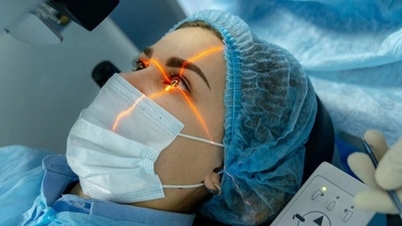
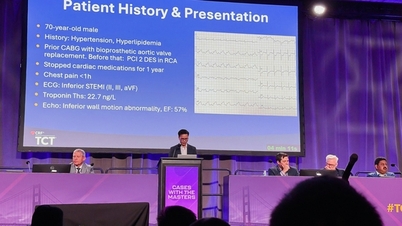

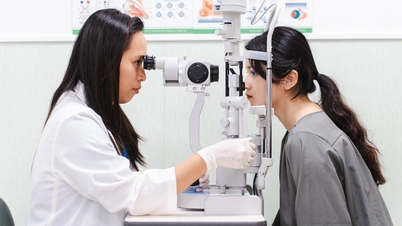
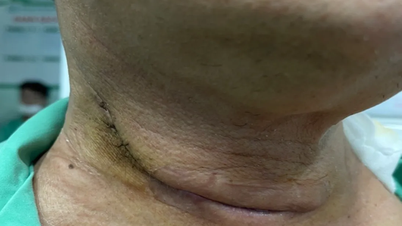

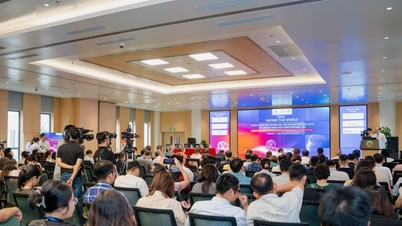
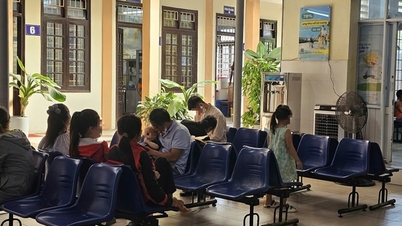
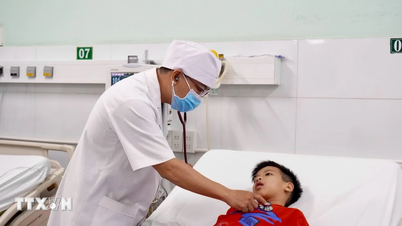


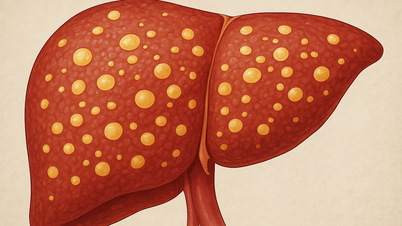

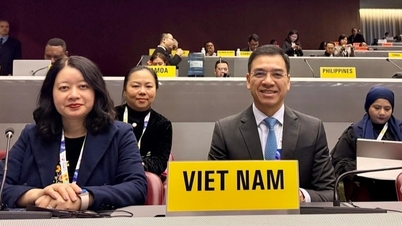












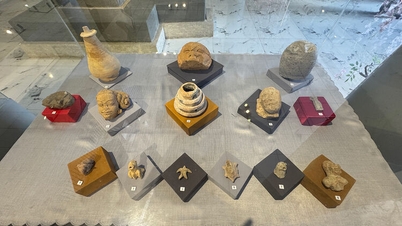











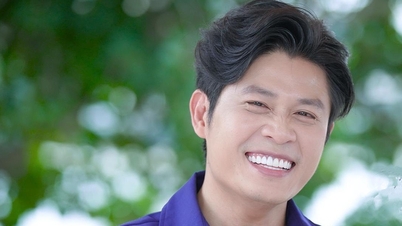
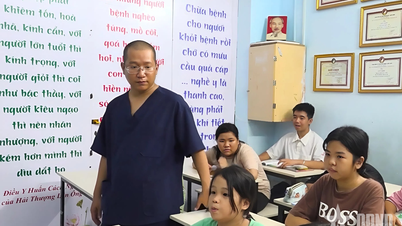

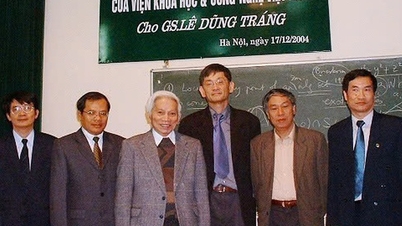
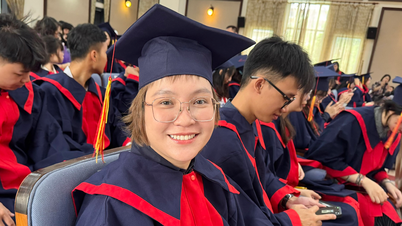
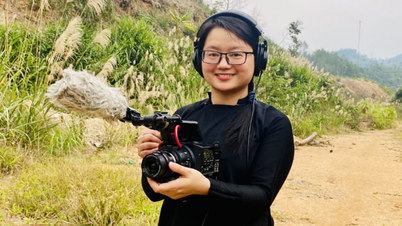
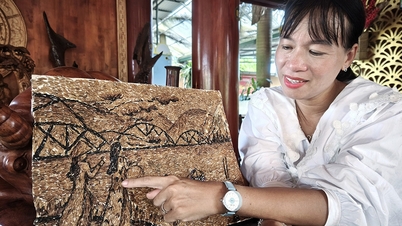






















































Comment (0)